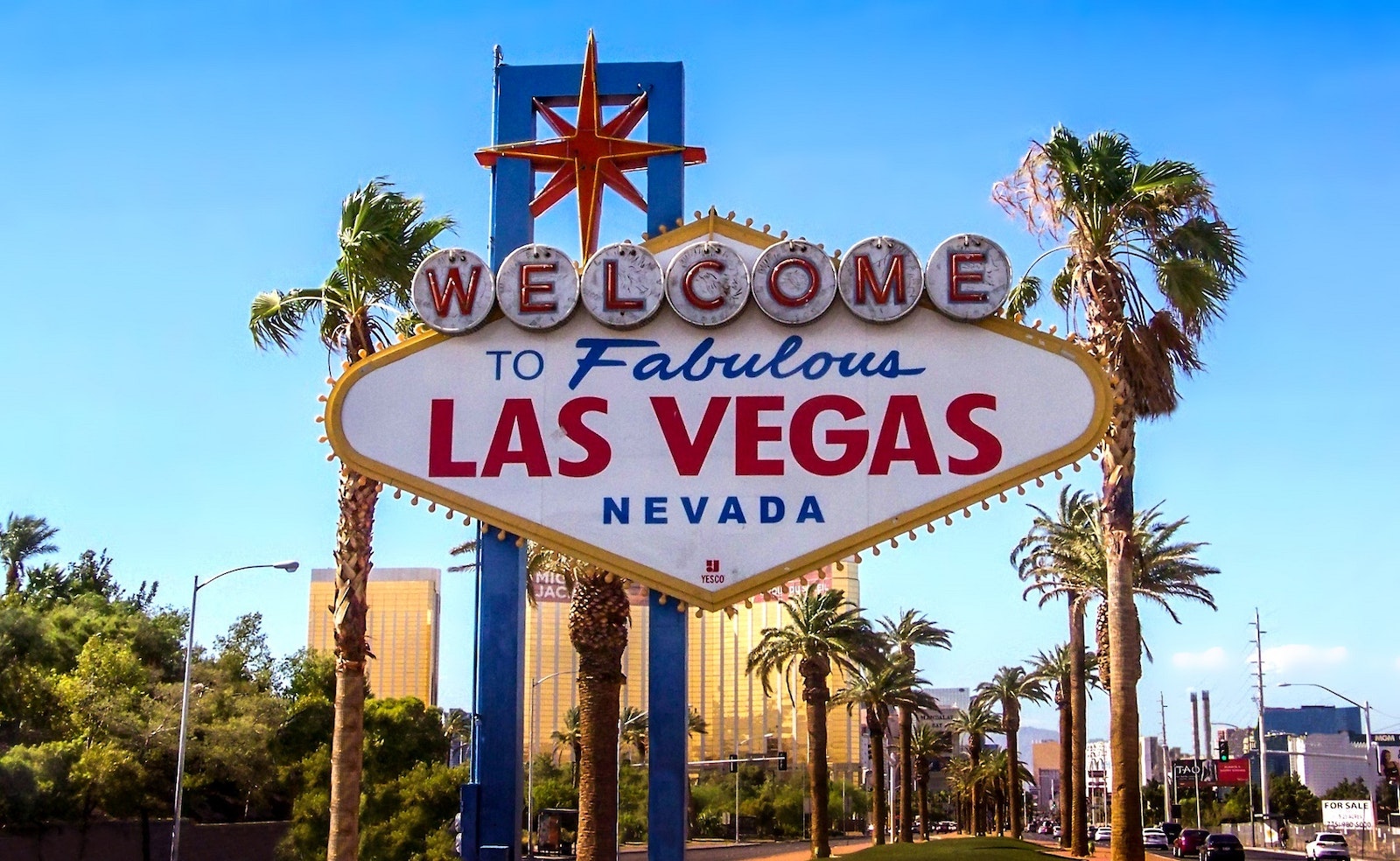
4 Important Things to Keep in Mind When Spending Six-month Milestone in Your Relationship
As with everything else to do with relationships – first dates , first kisses, varying levels of sexual intimacy, etc. – the six-month milestone can either feel seismically important or like it’s not a problem at all. For most couples, it’s probably somewhere in between. a pleasant reminder of your time together and the midpoint between the beginning of your relationship and your first anniversary.
However, if your six-month period is fast approaching, you may be wondering what is expected of you or what the date will mean for your relationship. To ease your worries, here are four questions about the big six-month anniversary that the average person might know the answers to.
1. What is the significance of the six-month milestone?
Everyone knows that your first anniversary – when you’ve officially been a couple for a year – is a big deal. But what about the six-month milestone? Is that a meaningful occasion?
Some people celebrate being together for six months, while others balk at the thought of celebrating an anniversary without the “Anni,” says Jess O’Reilly, Ph.D., host of the Mindful Sex video course . Those who celebrate are often looking for a reason to continue celebrating their love beyond the excitement of a new relationship. Six months is a significant milestone for many people – especially for students who have been together for more than a semester.
Aside from how important the six-month mark is to the two of you, it can also be significant just in terms of how the relationship is progressing.
The six-month mark is a big deal because you’ve entered a new phase, says dating coach Connell Barrett . In the first six months, he says, you’re literally fueled by oxytocin, the powerful hormone (aka love drug) that creates sexual attraction and the buoyant feeling of new romance. You project the positive qualities you want onto your significant other, seeing them less as they are and more as you want them to be.
Reaching the six-month milestone is big because you are realized that you love and care for the real person with all their strengths and flaws, he adds. Instead of being drunk, you are aware of the other person’s character. You see each other with clearer eyes.
2. How should you celebrate being together for six months?
If you’re the type who feels pressure to perform grand romantic gestures to impress your partner, it may be worth cutting back to the six-month mark.
Celebrating and investing your relationship is always a good thing. So if you tend to spend time together celebrating each new month of love, just do it, O’Reilly says. However, putting too much pressure on yourself or your partner can lead to disappointment.
If your partner hasn’t specifically mentioned a desire to mark the occasion in a meaningful way, do something small instead – whether it’s a tangible gift or experience – and save the fireworks for the future.
Instead of focusing on how you’re celebrating your six-month anniversary, focus on how you feel while you’re celebrating, O’Reilly suggests. You don’t have to make grand gestures to celebrate your love, and you’ll likely find that small efforts on a daily basis are more important than annual or biannual celebrations.
If you want to do something romantic with your partner, Barrett recommends taking a trip together.
By the sixth month, if things are going well, it’s because you’ve fallen in love with the real person, not a hormonally driven mental construct. It means you love you, he says. That’s worth celebrating. It’s a great time to take a trip together. A short vacation can serve to solidify that deeper, more meaningful connection you’ve made. A getaway is a great way to baptize that deeper, more authentic bond you share.
However, traveling together in the first few months after dating could be a leap forward, he warns. So much time together can break the spell that nature casts during the infatuation stage. But a trip is the perfect way to celebrate the six-month mark.
3. Has six months passed when the honeymoon ends?
Most people are familiar with the concept of a relationship honeymoon – the idea that in the beginning (i.e., the first few months) a relationship feels easy, pleasant, and exciting. It is said that these positive feelings subside a bit, become less intense, and shift toward a slightly (or very) different feeling phase of the relationship.
According to Barrett, this shift is likely to occur in the run-up to the six-month milestone.
Starting at the sixth month, you feel much more comfortable showing your true self, he says. It feels good, like you’re removing a mask. But then things start to get real. You’ll find out what bothers you about them, and whether or not you have the same values, goals, and priorities for a long-term relationship.
In that sense, the six-month anniversary could also be the beginning of the next step for you as a couple to determine if you are both still invested in the relationship.
It’s the next six to 12 months that will determine if your big life is in alignment, Barrett says. You’ll decide, ‘Will this person meet my needs in the long run, and do I want to meet their needs?’ The answer to those questions will determine whether you’ll be in the long-term commitment.
O’Reilly agrees that the six-month mark may represent a shift from the honeymoon period for many couples. Some research suggests that the chemical shifts associated with new love (also known as limerence) attenuate around the six-month mark. Of course, each person and relationship is unique, so some people find that this flattening occurs sooner and for others it takes longer to arrive, she says.
When you first meet and fall in love with a new partner, you experience chemical changes in the body, including an increase in dopamine and adrenaline and a decrease in serotonin, O’Reilly explains. These changes can support feelings of passion, desire and excitement.
In short, there is clearly some scientific evidence to support the existence of the honeymoon, but whether your relationship survives beyond this point is up to the two of you.
4. Can the state of the relationship after six months be a sign of the future?
Although the six-month milestone has no inherent meaning, it can be a good time to spend six months together to check how the relationship is developing and how you feel about it.
O’Reilly points out that the most important thing to consider when thinking about conflict in the relationship is its tenor (how it unfolds), not whether or not it is present.
It’s normal to disagree with a partner whether you’ve been together six months, six years or 16 years, she notes. You will argue, but as you engage in conflict issues, are you creating space for your partner to talk and really listen? Do they do the same? Do you focus on finding a solution or winning the argument? Are you kind and empathetic even when you disagree? Do you think about their perspective before you respond, or do you jump in without thinking?
Your answers to these questions, O’Reilly says, can give you a good understanding of whether your relationship is on solid or shaky ground.
If you’re having problems after six months (or at any point), it’s never too early to seek the support of a therapist or counselor, she adds. They can help you work on the way you communicate with each other to lay the groundwork for a happy future.
If the interactions between the two of you already often feel strained and uncomfortable, it could ultimately be a bad sign for the future.
When things are rocky – you feel micromanaged, you argue, there’s resentment, little things bug you – you’re probably not meant to be a couple, Barrett says. But if after six months you still feel deeply connected and are still meeting each other’s emotional needs, it means your authentic selves are meshed. When you have the other person in your life, you feel loved, safe, supported, connected, and you deeply want them to feel the same way. When you feel this way, you are facing the final phase – a long-term commitment.
And that’s definitely something to celebrate.
You could also dig:













Leave a Reply